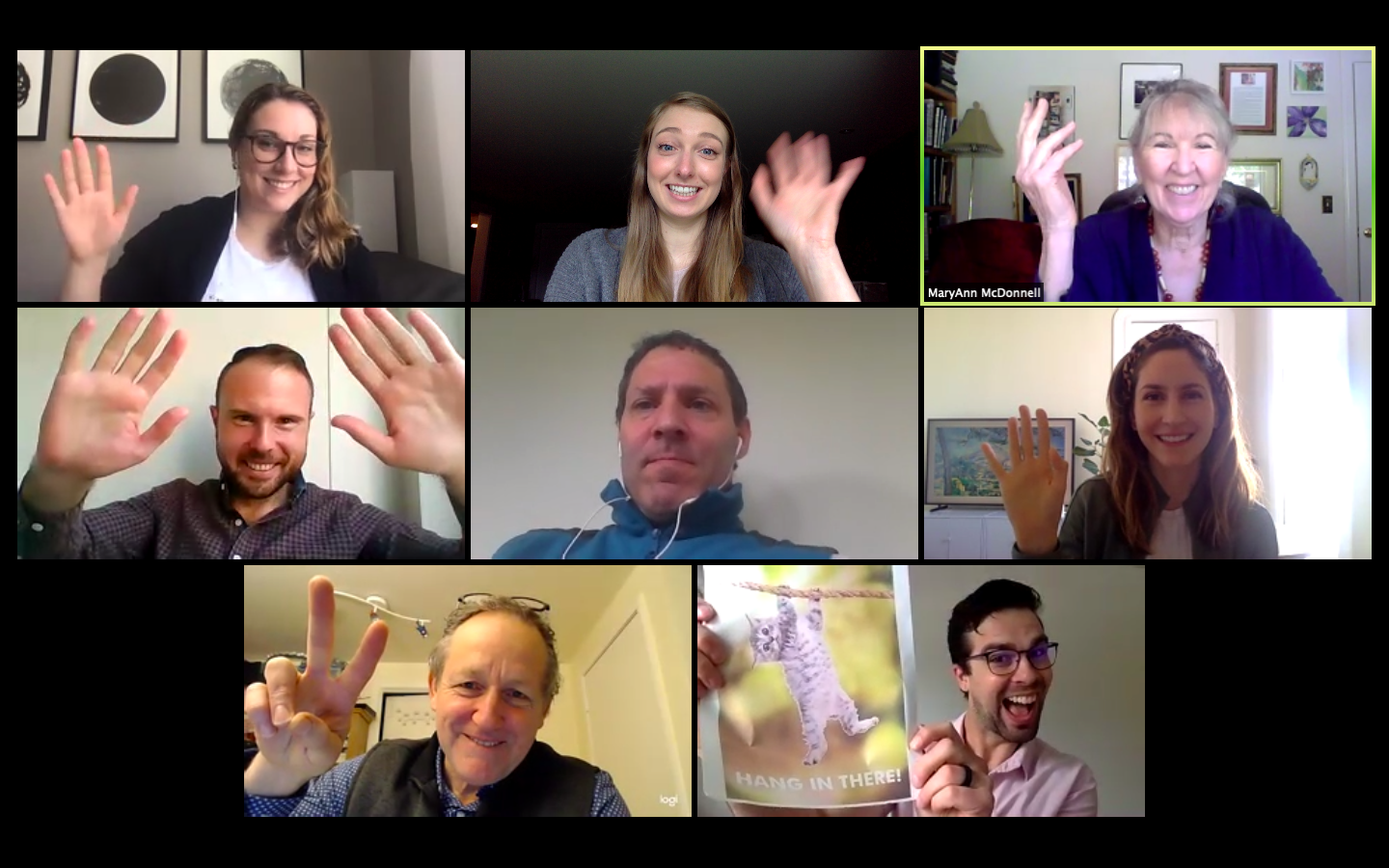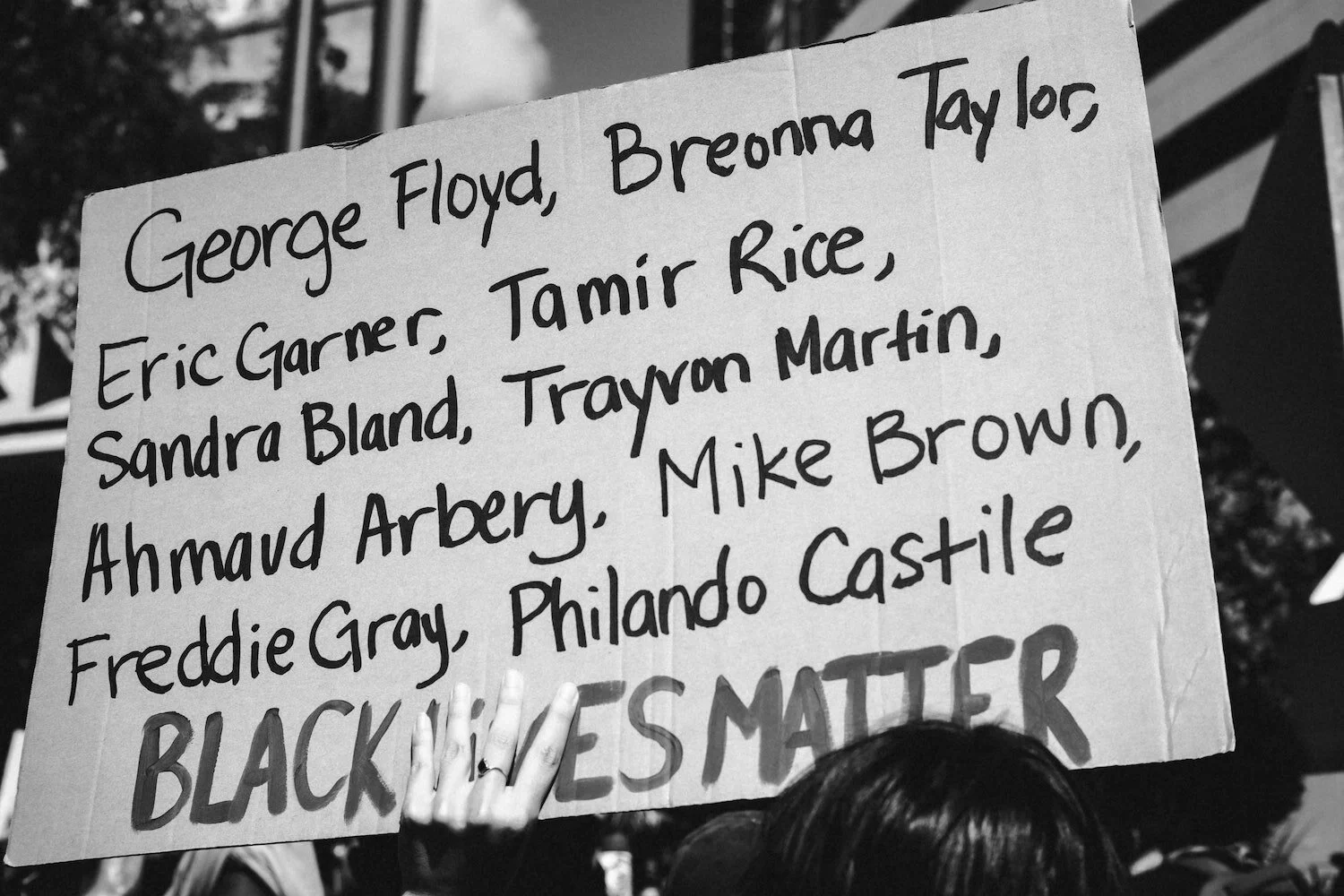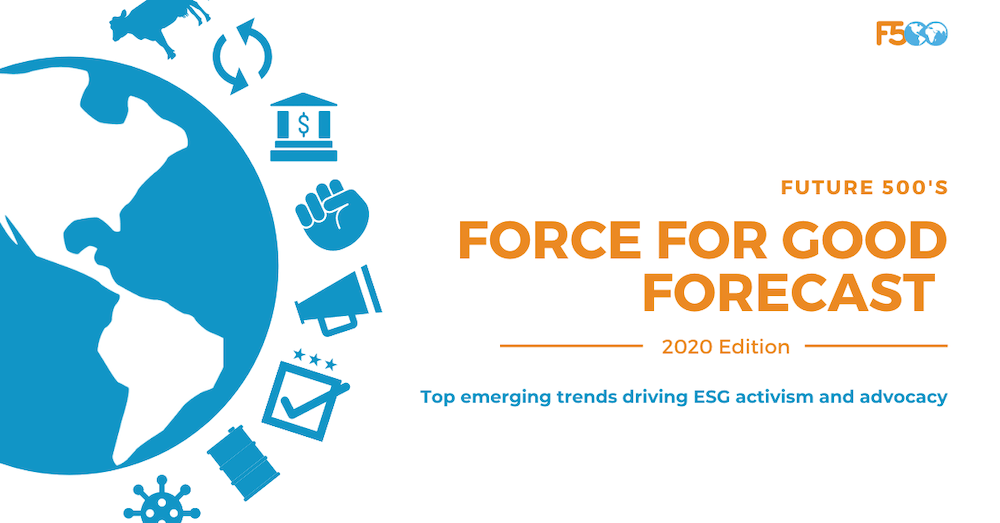Companies Brace for November 3 and Beyond
The election is just the beginning. Executives, funders, and advocates are not waiting for the morning after to plan their next moves.
Photo by jean wimmerlin on Unsplash.
Yes, it’s a powderkeg out there. Across the United States, deepening income inequality, racism, a deadly respiratory virus, and the perceived unraveling of the social contract are all feeding xenophobia, civil unrest, and ever more divisive politics.
From a corporate perspective, turmoil isn’t good for business. It has the potential to lead to disgruntled employees, quixotic governments, regulatory uncertainty, and damaging trade wars. All of it further erodes public trust in traditional institutions, which in turn reduces consumer confidence and associated investment and spending.
“Business leaders are seeing escalating political polarization for what it is—a threat to both democracy and market stability.”
Photo courtesy of Warner Bros.
And brace yourself, here comes the election. From what we hear, companies view America’s looming decision as a Matrix-like choice between two possible world orders. The “blue pill” leads to a return to the more predictable, understandable post-WWII-style social contract under Biden, while the “red pill” points to a considerably more disruptive world order under Trump, many argue.
But like many things in life, it’s bigger and more complex than a binary choice.
No matter who cinches the electoral college victory––and we will almost certainly not know right away––this election will push America further into extremes. The nation won’t return to “normal” as we’ve known it. Business leaders are seeing escalating political polarization for what it is—a threat to both democracy and market stability.
They need to be ready for a suite of scenarios that could upend business as usual for years, not months.
Are We Still In?
Take climate change. If Biden is elected, the United States will remain in the Paris Climate Accord, which will in turn keep up the pressure on China, Russia, and other major emitters to stay in the deal.
Should Trump win, the country will be officially out of the picture, and with trade wars rising, regions like the European Union will be more likely to implement cross-border carbon fees, which the Boston Consulting Group fears could “jolt” world trade.
World leaders celebrate the adoption of the Paris Climate Accord at COP21 in 2015. Photo by Hajue Staudt.
And what about multilateral institutions? Biden would likely seek to reinvigorate the WTO and NATO in an effort to dampen the ambitions of Russia, China, North Korea, and Iran. Meanwhile, Trump would continue pulling back from multilateral institutions and likely launch additional trade actions against Canada, China, and others. This will challenge companies that rely on predictable market access in those countries, and unravel integrated supply chains in literally every sector.
The recent death of Ruth Bader Ginsburg raises questions around the future of progressive legislation. Photo by Gayatri Malhotra.
Where Will Funders & Advocates Aim Their Firepower?
Then there’s philanthropy and the advocacy community.
If Biden gets the nod, expect progressive funders and social and environmental advocates to pivot back from city and state-level advocacy to refocus on federal and international policies which, for the first time in four years, they will once again have a hope of influencing.
Should Trump win, funders and advocates will continue to focus on local and regional actions and campaigns. However, we expect a Trump victory would also spur increased activism directed at individual companies through corporate campaigns, shareholder resolutions, organized employee walkouts, consumer boycotts, and litigation.
Activists and advocates tell us that a Trump win––which they anticipate would stack courts with his administration’s appointees––would shift their legal strategies away from the federal government in favor of other targets, including corporations. And speaking of the courts, a conservative majority on the Supreme Court could also loom large in important cases involving ecosystem protection, worker rights, access to information, and much more.
Polarization Requires Your A-Game
No matter which way the election goes, sustainability leaders will need to strengthen their diplomacy skills and embrace strategic thinking and scenario planning.
“Companies have a compelling business interest in repairing democracy and civil discourse.”
On October 15th, In This Together––a political bridge-building movement founded by our CEO Bill Shireman and board member Trammell S. Crow––will host a private briefing on preparing for election risk scenarios. In This Together’s Donor Roundtable will hear from a leading expert on American democracy on “Anticipating Disruptive Election Outcomes.” We’re extending guest invitations to members of our Corporate Affinity Network for this timely discussion. To learn more about the Corporate Affinity Network and this election risk briefing, email Brendon Steele.
From unstable legislation, to civil unrest, to supercharged expectations of CEO activism, companies have a compelling business interest in repairing democracy and civil discourse. The most enterprising corporate leaders are embracing stakeholder capitalism, actively engaging their employees, funders, suppliers, customers, advocates, and investors on how they can address extreme polarization in November and beyond.
Future 500 is a non-profit consultancy that builds trust between companies, advocates, investors, and philanthropists to advance business as a force for good. Based in San Francisco, we specialize in stakeholder engagement, sustainability strategy, and responsible communication. From stakeholder mapping to materiality assessments, partnership development to activist engagement, target setting to CSR reporting strategy, we empower our partners with the skills and relationships needed to systemically tackle today's most pressing environmental, social, and governance (ESG) challenges.
Want to learn more? Reach out any time.
Blog posts by Erik:















